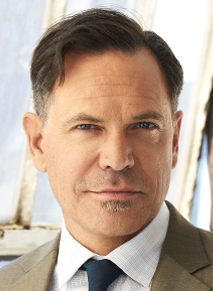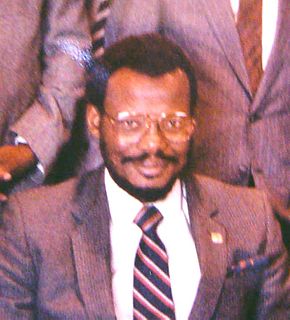A Quote by John Henrik Clarke
I want to make it clear that the black race did not come to the United States culturally empty-handed. The role and importance of ethnic history is in how well it teaches a people to use their own talents, take pride in their own history and love their own memories.
Related Quotes
By the end of the documentary [ '13th'], you really understand what prison is, what the prison industrial complex is, where this whole Black Lives Matter movement comes from, the history of resistance, the history of how politicians have used criminality over the decades for a particular political gain. It's to give people an understanding of it so they can make their own decisions about how they want to be in the world.
What the Supreme Court did in Citizens United is to say to these same billionaires and the corporations they control: 'You own and control the economy, you own Wall Street, you own the coal companies, you own the oil companies. Now, for a very small percentage of your wealth, we're going to give you the opportunity to own the United States Government.' This is the essence of what Citizens United is all about - and that's why it must be overturned.
Black History is enjoying the life of our ancestors who paved the way for every African-American. No matter what color you are, the history of Blacks affected everyone; that's why we should cherish and respect Black history. Black history changed America and is continuing to change and shape our country. Black history is about everyone coming together to better themselves and America. Black history is being comfortable in your own skin no matter what color you are. Black history makes me proud of where I came from and where I am going in life.
The president of the United States of North America, George W. Bush, the little gentleman of the North, the political cadaver that is visiting South America, that little gentleman is the president of all the history of the United States, and in the history of the United States, he has the lowest level of approval in his own country.
There is a sense in which the United States Ambassador speaks to the United States, as well as for the United States. I have always seen my role as a thermostat, rather than a thermometer. So I'm going to be actively working... for my own concerns. I have always had people advise me on what to say, but never on what not to say.
There is a sense in which the United States ambassador speaks to the United States, as well as for the United States. I have always seen my role as a thermostat rather than a thermometer. So I'm going to be actively working... for my own concerns. I have always had people advise me on what to say, but never on what not to say.
I want people with epilepsy to know that there are ways in which they can play a role in their own recovery. It's all in how they approach what is happening and how they can use that as a catalyst for their own growth. If there's one thing that I've learned, it's that people are willing to embrace you if you share your story.
I did not know much history when I became a bombardier in the U.S. Air Force in World War II. Only after the War did I see that we, like the Nazis, had committed atrocities... Hiroshima, Nagasaki, Dresden, my own bombing missions. And when I studied history after the War, I learned from reading on my own, not from my university classes, about the history of U.S. expansion and imperialism.

































